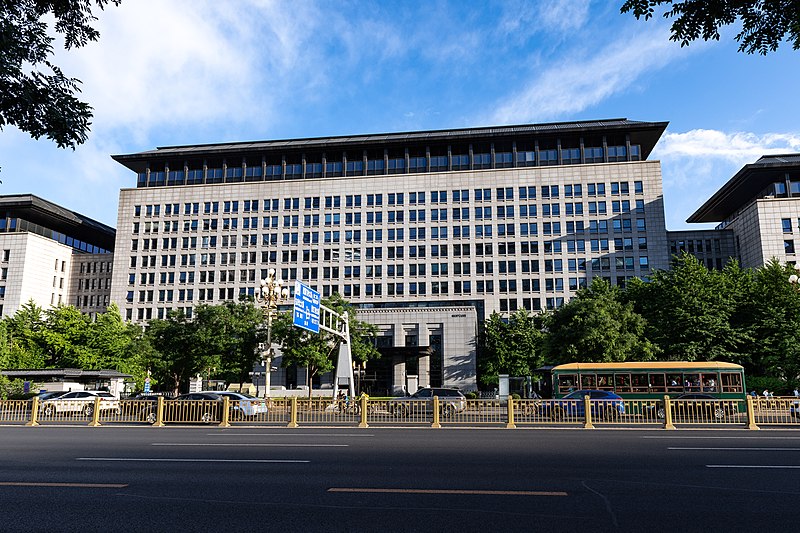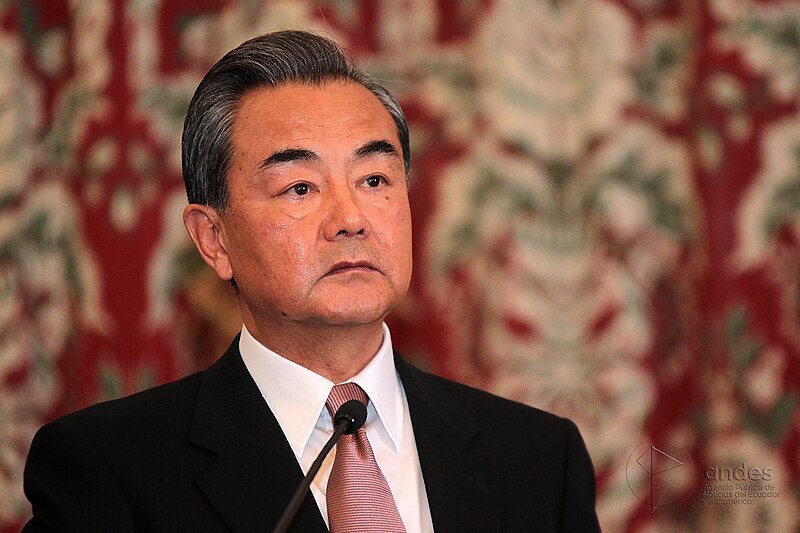
On Friday, China's commerce ministry informed representatives of major trade partners about the country's recently implemented anti-espionage law. The law, which came into effect this
month, prohibits the transfer of any information related to national security and interests, without clearly defining those terms. It also broadens the scope of spying to include cyber attacks on state organs or critical infrastructure.
Officials from the commerce ministry, led by assistant commerce minister Chen Chunjiang, held meetings with the chambers of commerce from the United States, Europe, Japan, and South Korea, along with representatives from 30 foreign companies.
During the briefing, Chen emphasized China's commitment to creating a business environment that is fair, transparent, and predictable. However, foreign chambers of commerce have expressed concerns about President Xi Jinping's growing emphasis on national security, particularly in the recent crackdown on consultancies and due diligence firms. This has left many foreign companies uncertain about navigating the boundaries of the new law.
The anti-espionage legislation provides authorities with the power to access data, electronic equipment, and information on personal property during anti-espionage investigations. It also grants them the authority to impose exit bans on individuals. Photo by N509FZ, Wikimedia commons.


























